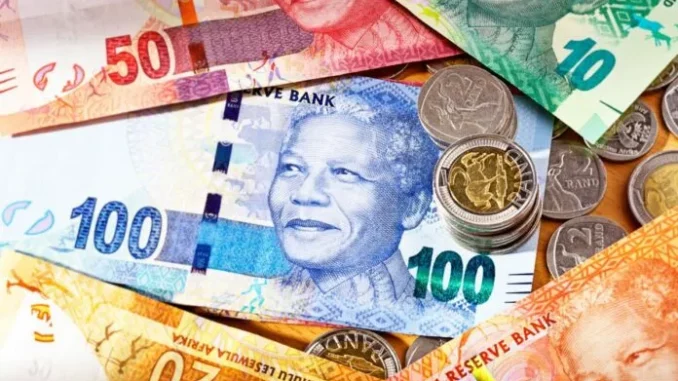South African Rand Weakened by Expected Delay in US Rate Cut
On Wednesday, South Africa’s rand faced pressure against the dollar amid perceptions that the United States would postpone interest rate cuts, heightening investor anxiety ahead of the upcoming elections. At 1510 GMT, the rand traded at 18.6150 per dollar, marking a 0.6% decline from its previous close. Concurrently, the dollar index saw a modest 0.1% uptick against a basket of currencies.
Annabel Bishop, Chief Economist at Investec, attributed the rand’s constrained performance to risk-averse sentiment exacerbated by the U.S. delay in initiating anticipated interest rate reductions, which impacts emerging markets like South Africa. The rand’s trajectory often aligns with global factors, such as U.S. monetary policy alongside local economic indicators.
Bishop emphasized the significance of South Africa’s National Election, scheduled for May 29, noting that polls indicate the ruling African National Congress may lose its majority after three decades in power, potentially necessitating a coalition government to maintain control.
However, Citi analyst Luis Costa suggested that the risk premium associated with the elections had diminished for the rand, with market sentiment regarding the likelihood of an adverse coalition now less pronounced. Costa highlighted positive domestic factors supporting economic activity, including improved electricity supply amid reduced rolling blackouts.
The Top-40 index closed approximately 0.2% higher in the stock market, while the broader all-share index climbed 0.3% from its previous close. Conversely, South Africa’s benchmark 2030 government bond experienced weakness, with the yield increasing by 4 basis points to 10.515%.
The rand’s fluctuating performance against the backdrop of domestic and global dynamics underscores the complexity of South Africa’s economic landscape, particularly amid pivotal political events like national elections.



















